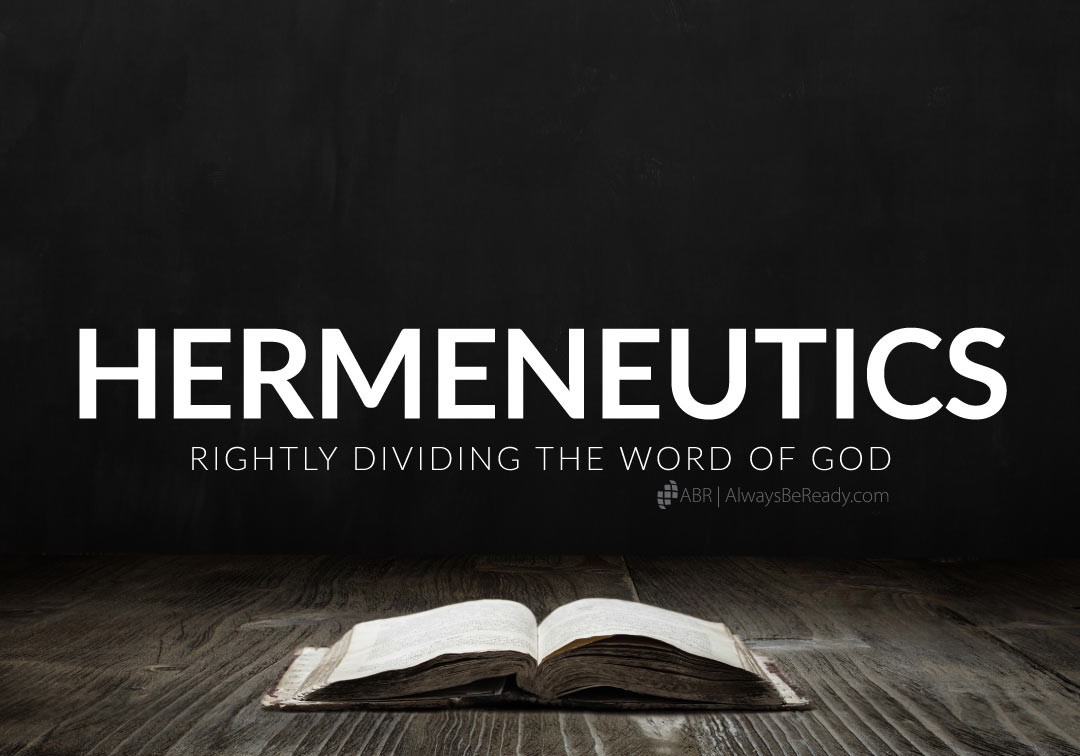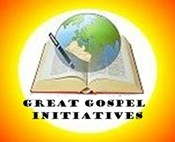Theology is the systematic study of the nature of the divine, religious belief, and practice, often conducted from the perspective of a specific religious tradition. The term comes from the Greek words theos (God or deity) and logia (words, discourse, or study).
The study of theology is typically organized into several core fields, which can be further broken down into various specializations. These fields provide a comprehensive framework for examining all aspects of a faith.
Core Fields of Theological Study
Most theological studies programs, particularly in a Christian context, are organized around four major disciplines:
|
Field
|
Primary Focus
|
Description
|
|
Biblical Studies
|
Scripture and Textual Interpretation
|
The critical examination and interpretation of religious texts (like the Old and New Testaments). It involves learning ancient languages (Greek, Hebrew) and using exegesis (critical explanation of a text) to understand the text's original meaning, historical context, and progressive revelation.
|
|
Historical Theology
|
Development of Doctrine
|
The study of how Christian doctrine and practice have developed throughout history, from the early church to the present day. It examines the writings of key figures, church councils, and major theological movements (e.g., the Reformation).
|
|
Systematic Theology
|
Coherent Structure of Beliefs
|
The organization of all religious teachings into a consistent and coherent system, arranged by topic. It answers the question, "What does the entire tradition teach about this subject?" by synthesizing information from scripture, history, and tradition.
|
|
Practical Theology
|
Application of Faith to Life
|
The reflection on and analysis of the daily life and practices of the religious community and its members. It focuses on how theological truths are enacted in real-world contexts, particularly through ministry and service.
|
Export to Sheets
Major Areas of Specialization
The four core fields expand into diverse specializations that allow theologians to focus their research and teaching on specific subjects, doctrines, or real-world applications.
1. Specializations in Systematic Theology
These specializations focus on a single doctrinal topic (often called a logia).
- Theology Proper (Theology): The study of God's existence, nature, attributes, and relationship with the world (e.g., the Trinity, God's omniscience).
- Christology: The study of the person and work of Jesus Christ, focusing on the relationship between his divine and human natures.
- Pneumatology: The study of the Holy Spirit.
- Soteriology: The study of salvation, including theories of atonement, grace, and justification.
- Ecclesiology: The study of the Church, its nature, structure, ordinances, and mission.
- Eschatology: The study of final events (the "last things") in history or the ultimate destiny of humanity and the cosmos (e.g., heaven, hell, resurrection).
- Anthropology: The study of humanity in relation to God, including topics like the Imago Dei (image of God), the nature of sin (Hamartiology), and free will.
2. Specializations in Practical Theology
These areas connect theological theory with practice, ministry, and public life.
- Moral/Ethical Theology: Examines moral principles and decision-making in light of religious belief, covering topics like social justice, bioethics, sexuality, and war.
- Pastoral Theology: Focuses on the practice of ministry, including pastoral care, counseling, spiritual formation, and leadership.
- Homiletics: The theory and practice of preaching (sermon preparation and delivery).
- Liturgical Studies: The study of public worship, rites, rituals, and ceremonies within a faith tradition.
- Missiology: The study of religious missions, evangelism, and the cross-cultural propagation of faith.
3. Philosophical and Contextual Specializations
These fields intersect theology with other academic disciplines and specific cultural or social contexts.
- Philosophical Theology: Uses philosophical methods and principles (like logic, reason, and metaphysics) to explore theological questions (e.g., arguments for the existence of God, the problem of evil (Theodicy)).
- Comparative Theology: Examines and compares the doctrines, practices, and core texts of different religious traditions (e.g., Christianity and Islam).
- Contextual Theologies: These develop theology from the unique perspective of a specific cultural, social, or geographic group, aiming to address issues of oppression and injustice. Examples include:
- Liberation Theology: Focuses on freedom from political, social, and economic oppression, particularly in Latin America.
- Feminist/Womanist Theology: Re-examines and critiques theological tradition through the experience of women and Black women, respectively.
- Black Theology: Develops theology from the perspective of the Black experience, particularly in America.
- Eco-Theology: Interprets religious faith through the lens of ecology, environment, and earth care.


